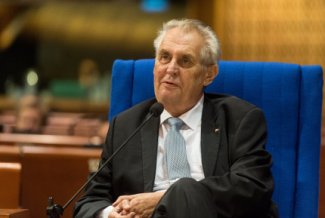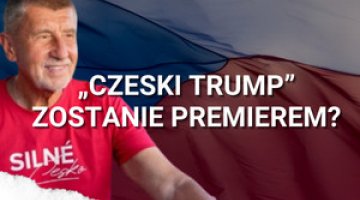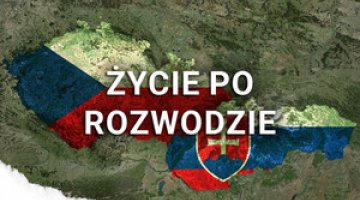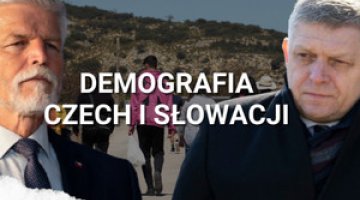The Czech president’s private foreign policy

On 10 October, President Miloš Zeman gave a speech in front of the Parliamentary Assembly of the Council of Europe and appealed for closer political relations to be built between Russia and Western Europe. He stated that the sanctions policy, albeit justified, is ineffective and harmful to both the EU and Russia. Zeman recognised the Russian occupation of Crimea as annexation but he also concluded that this is a ‘fait accompli’ because an attempt to regain Crimea would mean a European war. Furthermore he proposed, saying that this was his ‘personal opinion’, a Ukrainian-Russian dialogue as a result of which Russia would compensate the annexation of Crimea to Ukraine either financially or in the form of raw materials supplies. Prime Minister Bohuslav Sobotka has distance himself from the president’s statement, emphasising that it contradicts Czech foreign policy. The Czech president’s speech has also been harshly criticised by the Ukrainian government - Prime Minister Volodymyr Groysman has suggested that Zeman is mentally ill.
Commentary
- Miloš Zeman is pursuing his own foreign policy independently of the government, despite the Czech constitution recognising the government as the highest body of executive power. Zeman chooses co-operation with Russia and China, viewing them as powers of vital importance for the further development of the Czech Republic. He hopes that by winning their favour he will help Czech businessmen gain contracts and access to Eastern markets. Contrary to the government’s official stance, Zeman does not recognise the independence of Kosovo and, like Moscow, has accused the West of hypocrisy in the context of its refusal to recognise the referendum in Crimea. He appeals for a geopolitical alliance between the West, Russia and China to counter Islamic terrorism and promotes China’s One Belt One Road initiative as a project that will integrate Europe. His participation in the celebrations commemorating the 70th anniversary of the end of World War II in Moscow (as one of three European leaders) and in Beijing (as the only European leader) was also an element of his strategy. Zeman has also employed pro-Israeli and anti-Islamic rhetoric in an attempt to win support from Israel and influential Jewish circles in the USA – for example, by appealing to the government to move their embassies from Tel Aviv to Jerusalem.
- The largest Czech businessmen are those who have benefited most from Zeman’s foreign policy. Petr Kellner, who controls Home Credit group which is active in Eastern European markets and is developing its activity in China took part in Zeman’s meetings with President Xi Jinping. Zeman’s aides who used to do business in the post-Soviet markets in the past, for example, the presidential chancellor Vratislav Mynář, are also engaged in promoting economic co-operation with the Eastern partners. Martin Nejedlý, one of the closest presidential advisers, also has experience in co-operation with Russians. Lukoil Aviation Czech, a firm he co-owned, went bankrupt in 2016, and its debts to the Czech state, including for Nejedlý, was paid by Lukoil’s Dutch subsidiary.
- The president’s pro-Russian and pro-Chinese gestures have provoked firm criticism from the Czech right-wing and liberal elites, without, however, adversely affecting public support for Miloš Zeman. More than 50% of Czech citizens declared they have confidence in him. As a result, Zeman stands a great chance of being re-elected as president in January next year.





